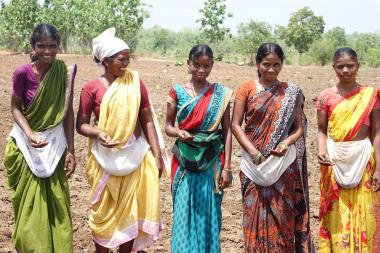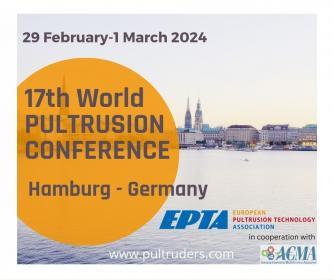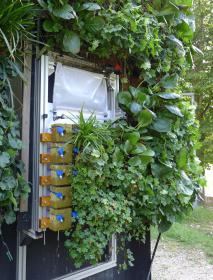52nd INNATEX: Figures remain constant
- Green Fashion community increasingly ‘thinking out of the box’
Networking and agility are in greater demand than ever – that was the conclusion at the close of the 52nd INNATEX which took place from 29 to 31 July 2023. 244 Green Fashion labels presented their collections to 1500 visitors at the international trade fair for sustainable textiles. Audience figures thus matched the level at the previous summer edition of the fair in 2022. With 244 brands, INNATEX again delivered remarkable variety, with many new exhibitors and fresh looks.
“We're pleased that our figures are remaining constant,” says Jens Frey, Managing Director of trade fair organiser MUVEO GmbH. “Undeniably, sustainable brands and the retail trade are currently living through a long period of challenges. But from our point of view, the Green Fashion sector is responding with extraordinary willpower and perseverance. Why? Out of a sense of conviction and because sustainability is the future.”
Future-related topics were also the subject of panel talks and personal discussions at various points. A key aspect was the urgent need for cooperation agreements and networks to open up new sales channels and fields of activity. Experts at the fair also recommended an honest review of business strategies that may have outlived their usefulness. As Dr Eva Stüber of Cologne’s Institute for Retail Studies (IFH Köln) points out, “The pandemic, the war of aggression, inflation, digitalisation – there are many factors prompting a change in lifestyles and demands. What is required now is creativity. Brands and retailers can exploit new potential by, for example, checking their ranges for market relevance, being sharper in their targeting, making shopping a social event, joining up with people from entirely different areas and not immediately rejecting apparently mad ideas.”
From August 20th to 21st, 2023, the INNATEX Showroom will take place in Bern.
The 53rd INNATEX fair will be held from January 20th to January 22nd, 2024.
Innatex































